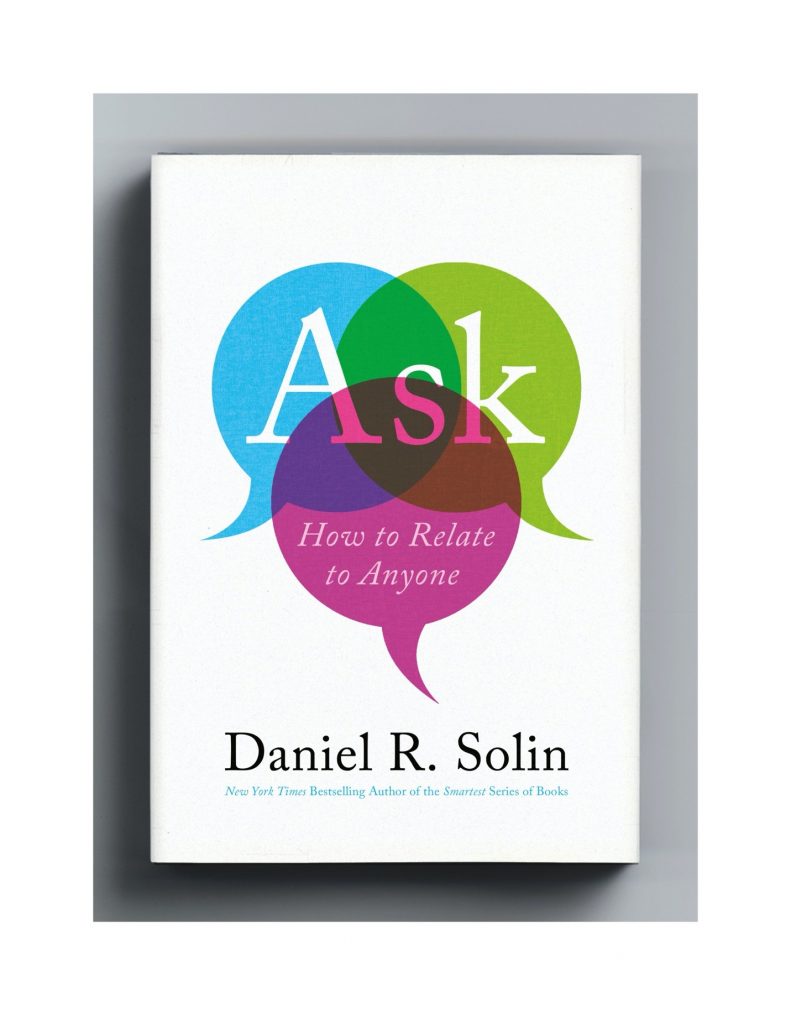
Academics love to debate whether money buys you happiness. I deal with this subject in my book, Ask: How to Relate to Anyone.
The bottom line is we have significant (but far from total) control over our level of happiness. We can shape our happiness through intentional activity, whether it’s behavioral (exercise), cognitive (“counting one’s blessings”), or volitional (striving for a goal).
How does money impact our happiness?
A recent report (discussed here) found that “among people age 30 and older, the correlation between income and happiness has steadily risen over the years.” The lead author of the study stated: “The link (between income and happiness) is stronger now than in previous decades.
Previously, it was thought that, at levels of income higher than $75,000, there was little correlation between money and happiness.
A simple plan
I’ve been writing about investing for many years. Here’s what I’ve learned: The easier you make it for investors to follow sound advice, the more likely they are to do so.
Here’s a simple do-it-yourself plan for investors. It explains how to invest your after-tax money. It’s also applicable to investing IRAs, Roth IRAs, and your 401(k)s (assuming these or similar options are available to you). I’m using Vanguard funds as an example. You can research similar funds from other major fund families, like Charles Schwab, Fidelity and T. Rowe Price.
1. Save 15%-20% of your pre-tax income.
2. Invest in a low cost Target Retirement Fund from Vanguard, choosing one that’s suitable for you;
3. Alternatively, consider one of Vanguard’s LifeStrategy Funds.
That’s it.
All your investments will be in just one fund. With the LifeStrategy Funds, you should review them every five years or so to see if the one you chose is still appropriate. If not, you can switch to a more conservative allocation within the same group of funds.
The Target Retirement Funds are “set it and forget it.” They adjust automatically as you near your retirement date.
The plan is simple, but here’s the hard part.
- Don’t watch the financial media.
- Stay the course during the ups and downs of the market.
- Make no effort to time the market.
- Ignore pundits who make predictions or tell you which stocks to buy or sell.
- Check your portfolio only once or twice a year.
II don’t know whether the money you accumulate will give you more happiness. What I do believe is your expected returns will likely be higher and the decision about the impact of your net worth on your happiness will be yours alone to make.
Ask Is Now Available For Immediate Shipment
- Buy a copy of Ask (hardcopy, Kindle, audiobook).
- Send your friends and family copies of Ask
- As a favor to me, please consider leaving a review of Ask on Amazon.
(To search for Ask on Amazon, you need to start inputting the subtitle: How to Relate to Anyone)
Thank you!

